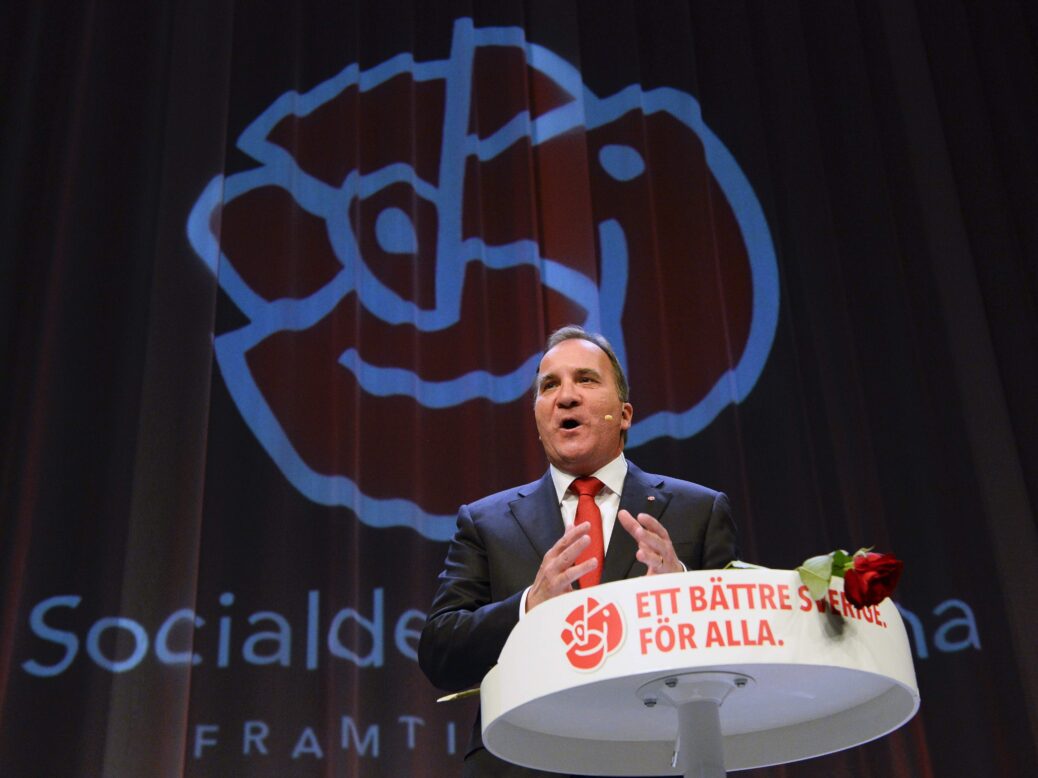
Perhaps no small country enjoys a more disproportionate influence at Westminster than Sweden. Its elections and politics are studied for lessons in enlightened social policy and as reliable indicators of Europe’s ideological trajectory.
Both David Cameron and Ed Miliband, in their own ways, are admirers of the country, which still ranks as one of the world’s most successful. Long before entering Downing Street, Cameron forged an alliance with its now former prime minister Fredrik Reinfeldt, who had similarly sought to reposition his right-wing party, the Moderates, as a centrist outfit. After 2010, the pair championed the causes of EU reform and free trade, while their respective finance ministers, George Osborne and Anders Borg, swapped tips on fiscal conservatism. Those on the free-market right of Cameron’s party praised Sweden’s experiment in for-profit free schools and privatised health care.



